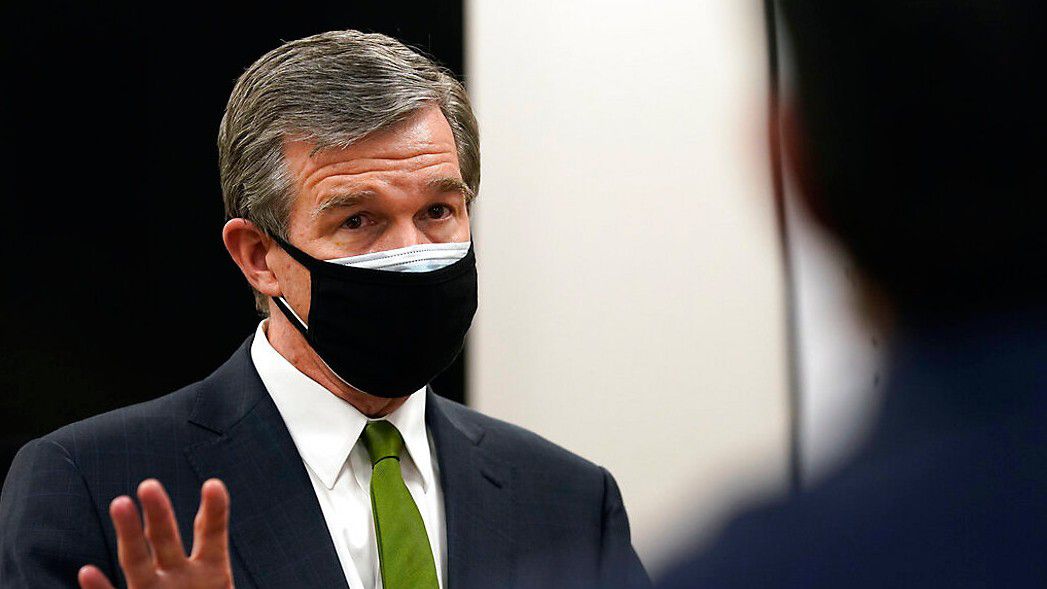RALEIGH, N.C. — As members of the North Carolina General Assembly were meeting to vote on a budget for the next two years, Gov. Roy Cooper said he plans to sign the budget into law. This will be the first time in almost three years that the state passes a comprehensive budget.
Republican leaders in the legislature and Cooper, a Democrat, split over Medicaid expansion in 2019 and 2020, leading to a stalemate over the budget.
"I will sign this budget because, on balance, the good outweighs the bad. It moves North Carolina forward in important ways, many that are critical to our state’s progress as we are emerging from this pandemic," Cooper said during a news conference Tuesday.
The budget includes $25.9 billion in spending for this fiscal year and $27 billion for the 2022-2023 fiscal year.
"While I believe it is a budget of some missed opportunities and misguided policy, it is also a budget we desperately need at this unique time in the history of our state," he said.
The budget currently before the full state Senate does not expand Medicaid. But it does authorize a committee in the legislature to study access to health care and recommend a bill in 2022. The budget makes no commitment to expanding Medicaid.
Related: North Carolina legislature begins to vote on budget agreement
"However imperfect this budget is, our schools, our communities, our small businesses, our families need our help right now, especially as we recover from this pandemic," Cooper said.
He highlighted spending on high-speed internet, funding for universities and community colleges, and help for businesses still recovering from the pandemic.
“We have made significant progress over nearly two months of good-faith negotiations with the Governor, and I’m optimistic that the budget will have a strong bipartisan vote and that Gov. Cooper will sign it into law,” state Senate leader Phil Berger said in a statement Monday.
The budget includes a 5% raise for most state workers and teachers. It also sets a $15 minimum wage for non-certified school staff and workers at community colleges, Berger said.
Teachers and state workers will also get bonuses in the spending plan. The budget also has $100 million to raise wages for teachers in poorer counties.
"Many of these poorer counties do not have the tax base that they need to keep teachers in these districts," Cooper said.



